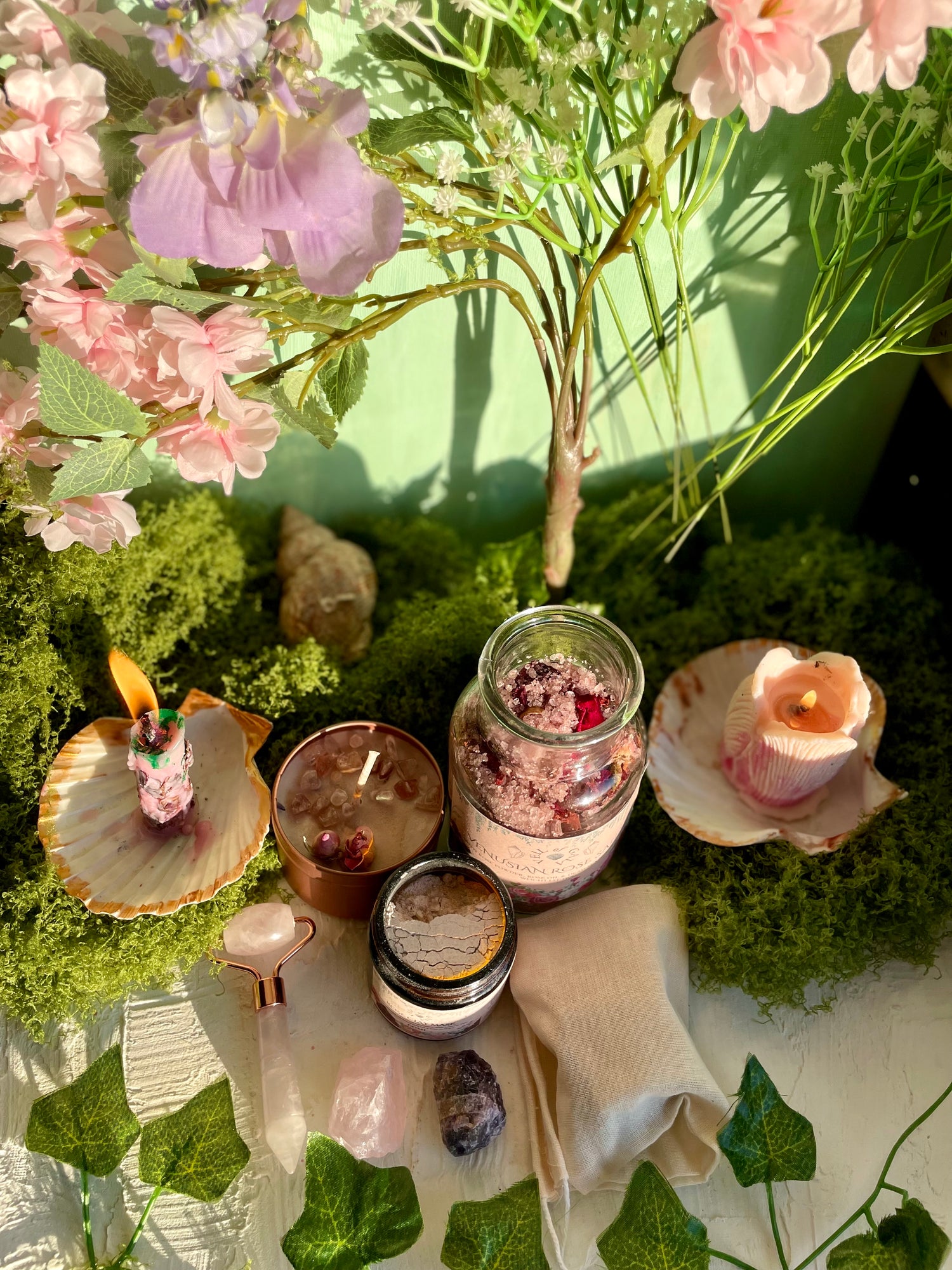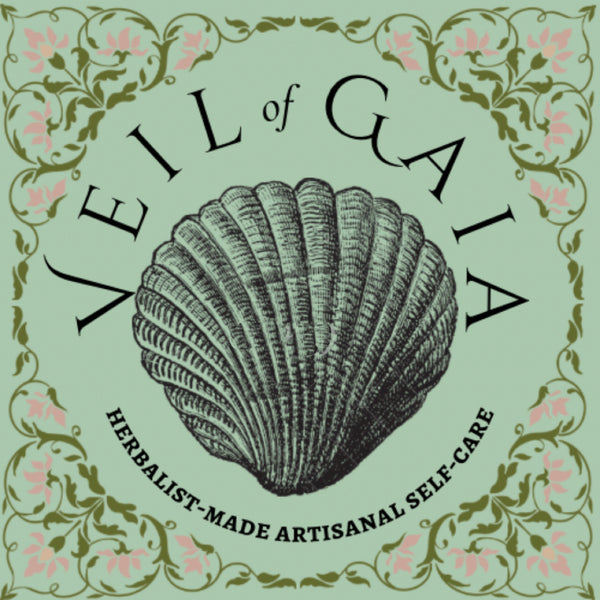Pumpkins, members of the gourd family, have a rich and intriguing history. They're an age-old symbol of autumnal cosiness, from pumpkin pies, soups, pumpkin-spiced lattes to the Halloween customs of warm, candle-lit lanterns outside homes at night. It's undeniable that pumpkins are a key feature in the autumn-aesthetic, but what more is there to learn about this delicious, vibrant fruit?
Ancient Roots:
Pumpkins originate from the ancient Americas, where indigenous cultures such as the Aztecs and Mayans cultivated them as early as 5500 B.C. These early societies recognised the pumpkin's value not only as a food source but also for its medicinal properties. The seeds, rich in essential fatty acids, were used to treat ailments, while the flesh was consumed for its nutritional benefits.
The arrival of European settlers in the Americas led to the spread of pumpkins beyond the continent's shores, and they were quickly embraced. Pumpkin's adaptability in various recipes made it a valuable addition to their herbal repertoire. From pies to stews, it was used both for its flavour and its potential healing properties.
Medicinal Magic:

Halloween Lore:
Pumpkins have held significant historical symbolism across various cultures and time periods. In many indigenous American cultures, they represented sustenance and fertility, with their abundance signifying a bountiful harvest. Later, pumpkins were seen as a symbol of resourcefulness, as early settlers relied on them for sustenance during harsh winters. Additionally, pumpkins were embraced as a symbol of protection against evil spirits and malevolent forces, as exemplified by the tradition of carving jack-o'-lanterns during Halloween, rooted in Irish folklore. Their vibrant orange hue also came to represent the changing of seasons and the warm, comforting embrace of autumn. Throughout history, the pumpkin has seamlessly woven itself into the tapestry of human symbolism, embodying themes of sustenance, protection, and the cycles of nature.

With such an interesting history and so many versatile recipes, pumpkins it's hard not to admire these cosy, little (or often quite large) gifts from nature!


